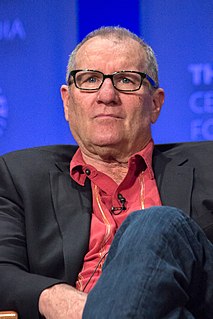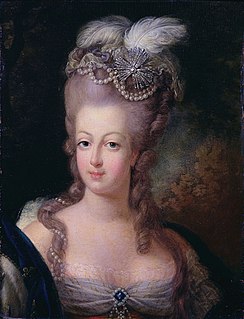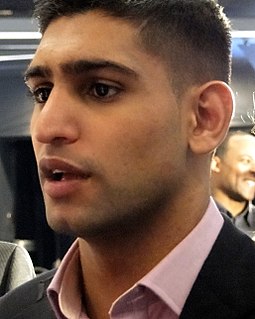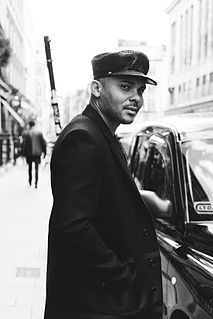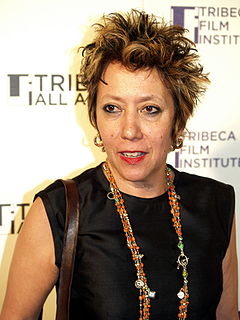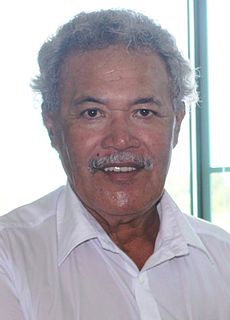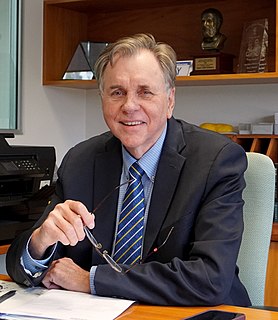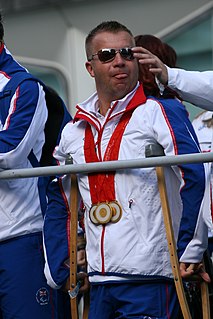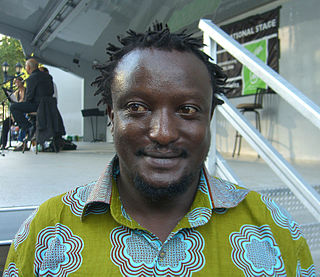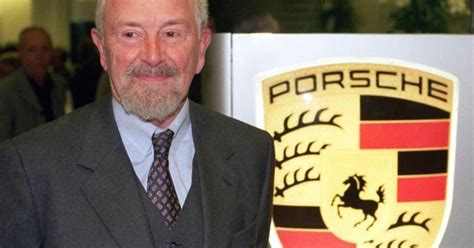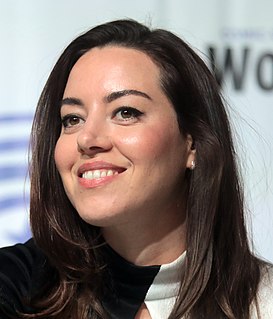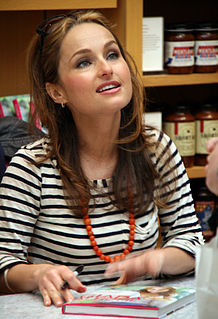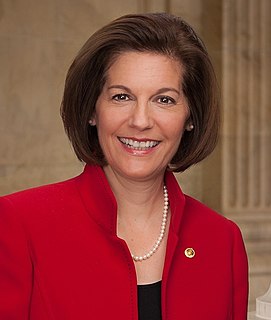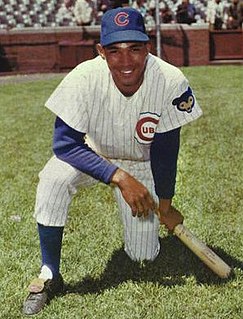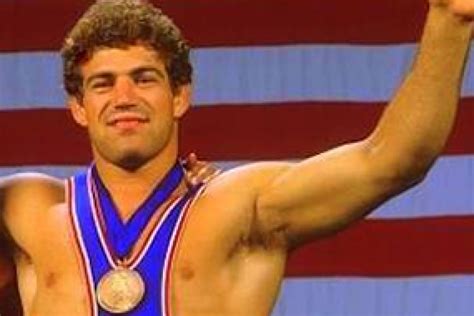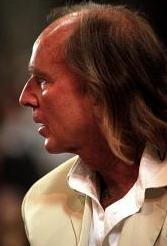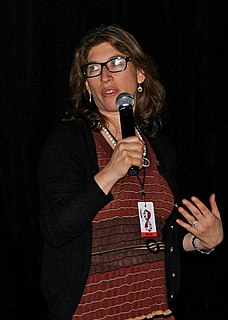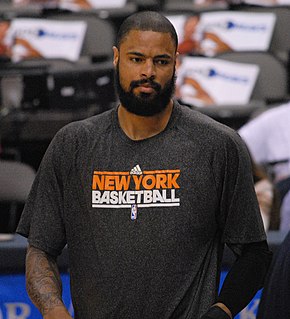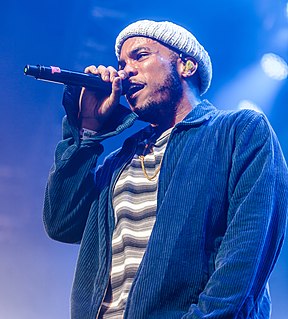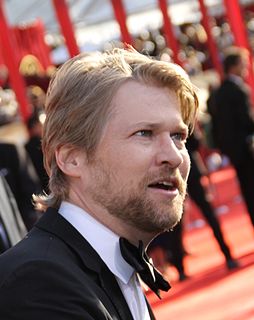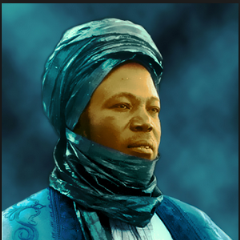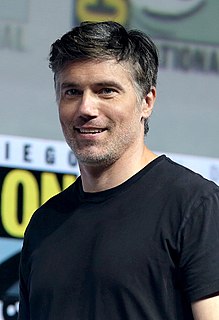Top 1200 Grandfather Quotes & Sayings - Page 20
Explore popular Grandfather quotes.
Last updated on December 4, 2024.
My grandfather had asked me many times whether I'd like to come to South Carolina with him. He wanted to introduce me to our people down there and I didn't want to go. In those days, the South was still a place where black kids were lynched. Something horrible could happen to you. I've had that feeling my whole life.
"So we'd get in a horse and buggy and we would go and park under a tree and we'd read poetry to each other." And my grandfather told me all the stories. I mean, their way of communicating... They didn't have telephones, either, so they communicated with the written word. And I really... That's how old [Bill] Clinton has become to me [speaking of how he met Hillary Clinton].
My dear mamma is quite right when she says that we must lay down principles and not depart from them. The king will not have the same weaknesses as his grandfather. I hope that he will have no favorites; but I am afraid that he is too mild and too easy. You may depend upon it that I will not draw the king into any great expenses.
I grew up in Orangeburg, South Carolina, which has the proud distinction of being the home to two of the eight Historically Black Colleges and Universities in the state: South Carolina State University and Claflin University. When I was a kid riding around town with my grandfather, we often drove by the colleges.
When I was your age, we didn't have the Internet in our pants. We didn't even have the Internet not in our pants. That's how bad it was. I know I sound like my grandfather right now. We didn't have teeth! There were no questions marks, we just had words! What was I talking about? The Internet...Not only can you not plan the impact you're going to have, you often won't recognize it when you're having it.
You can find virtually everybody black back as far as the 1870 census. Why 1870? That's when the ex-slaves first have surnames. But if you find your great-great-grandfather in 1870 and it says he's 50, that means he was born in 1820 and you're back to 1820 already. For an American that's pretty damned good, you know?
My grandfather on my dad's side was the first in our family to settle in the U.K. He came from Pakistan on his own in the '60s and worked in a cotton mill in Bolton, earning enough to bring over the rest of his family. My dad, Shah, was only about eight when he came to this country. Like most immigrants, he has a fierce work ethic.
I'm a small town boy from a place not too different from Farmville. I grew up with a corn field in my backyard. My grandfather had emigrated to this country when he was about my son's age. My mom and dad built everything that matters in a small town in southern Indiana. They built a family and a good name and a business, and they raised a family.
The luckiest person in the world is somebody who is born into a small, shabby-genteel town on a major railway connection with 24,000 souls and a bird sanctuary and whose grandfather owns a farm and whose father owns a business -whose family is mildly prosperous but not rich, which means you can leave the town.
Every day before supper and before we went to services on Sundays. My grandmother would read the Bible to me, and my grandfather would pray. We even had devotions before going to pick cotton in the fields. Prayer and the Bible, became a part of my everyday thoughts and beliefs. I learned to put my trust in God and to seek Him as my strength.
My grandfather was dying, and told the family he had decided to die. ... At that moment I wanted so badly to write and tell him that he was never going to die, that somehow he would always be present in my life, because he had a theory that death didn't exist, only forgetfulness did. He believed that if you can keep people in your memory, they will live forever. That's what he did with my grandmother.
Both of my grandfathers fought in the Second World War, and my great-grandfather died at the Somme in the First World War. I never truly believed that the War just finished and everyone was happy-clappy, brought out the bunting, and felt everything was okay again. That's definitely not my impression of the fall-out of war.
I want to say almost 100% Cubans who get mad at you are Cubans who live in Miami. And they all live comfortably in Miami. They can all go online and tell you what happened to your grandfather. In Cuba, it's a totally different thing. They can't wait for you to come. They're energized. They love your music. They want to see something new.
I love storms and how the whole house shakes. When I was a kid, there would be lots of thunder and lightning storms, and they would knock the electricity out. We had this oil lantern that had been in my grandfather's homestead at the turn of the century, before there even was electricity. He'd bring it down off the top shelf, and we'd always play cards.
Only a few months into our marriage," writes the grandfather, "we started marking off areas in the apartment as 'Nothing Places,' in which one could be assured of complete privacy, we agreed that we never would look at the marked-off zones, that they would be nonexistent territories in the apartment in which one could temporarily cease to exist.
Sadly, I wish I had been able to play ["Miner's Prayer"] for [grandfather]. Yeah, I'll never escape the influence of him in my life. And my - his wife, my grandmother, Earlene Tibbs - those experiences with them shaped me musically probably more profoundly than anything else in my life and shaped me as a writer.
I'm part Spanish. My paternal grandfather came from Spain via Singapore to Manila. On my mother's side it's more mixture, with a Filipino mother and a father who was Scotch Irish-French; you know, white American hybrid. And I also have on my father's side a great-great-grandmother who was Chinese. So, I'm a hybrid.
If you live on an atoll and you get a warning by radio that a big wave is coming and everyone is told to move to higher ground, where are you supposed to go on these islands? There is none. The highest ground is four-meters (around 13 feet) above sea level, meaning you'd be safer in a coconut tree. How, though, are you supposed to get your grandfather, grandmother and grandchildren up there?
My favourite book as a child was an old 'Newne's Children's Encyclopaedia' which my grandfather had bought just before World War II and donated to our family after seeing how interested we were in it. Each volume had special chapters called 'Things Boys can Do.' My brothers and I would pick out interesting projects.
My great grandfather had been the neighbourhood 'horse whisperer,' so I've probably loved horses since I was an embryo. Whenever I watched cowboy films as a small child, I wasn't watching the hunky cowboys - which I'd probably do now - I was watching the horses. Even now, I love sitting in the field just watching the way they move.
A publisher friend of mine suggested that I write a book about my grandfather, who had just died. I had nothing else to fill my empty days with, so I started work on this book. While researching it - watching lots of movies, talking to moviemakers - I became interested in movies and started making documentaries.
I part of this great nation because my grandfather was born here, in Cincinnati, Ohio. He took a horse, back in 1895, and ride it all the way down to Guanajuato, looking for his American dream. No penny in his pocket, only dreams in his head. And he was an immigrant coming from the States into Mexico. And he found his American dream in Mexico.
I'm not particularly ethnically Scottish; I have one grandfather who is Scottish, although he's called Macdonald, and you don't get a lot more Scottish than that. The Scottish part of my family are from Skye, and I've always been very aware of that - always been very attracted to Scottish subject matter, I guess.
I was like the only diverse kid in my high school, and I'm half-Puerto Rican. But yeah, I have a huge family and tons of cousins in Puerto Rico. We actually hung out with them last summer, and it was awesome. But I wish my grandfather had taught my dad Spanish when he was younger so he could've taught me when I was younger, and sometimes he does, too. It's a shame.
Mobile is a seaport town, and we ate a lot of seafood. We'd go fishing, we'd catch our fish and we'd eat our fish. It was a ritual on Saturday morning for all my family - my grandfather, my brothers, my uncles, my father - to go fishing, and then the ladies of the family would clean the fish and fry them up.
Me and my brother lived in kind of a shed behind our house, and it was cold. We really lived kind of a dirty existence. It was tough to move away from my father and grandfather in California. I wore socks that were so dirty they were hard and black, and I would go into the lost and found box at school and look for clothes.
The 1970s were the height of social mobility. College was accessible. My grandfather was a poor immigrant who went to a public school in Ohio, and my father went to Harvard. That wasn't unusual. There was a feeling that anything was possible and you didn't have to be born into money to have a successful life. Now, people don't believe in the idea that anything is possible. We have more inequality than we've had ever before and a greater concentration of wealth in the hands of a few.
My great grandfather from my father's side, Sir Akbar Hydari, was the prime minister of the Nizam of Hyderabad. He was instrumental in setting up the Osmania university. His wife set up the Hydari club for women so that they could play tennis, and she also set up the first girls' school in Hyderabad.
Money has never been my drive. I have never seen the shortage of money in my life, so for me, I don't want to buy a silk pillow or a private jet... My drive is to achieve more than what my grandfather achieved; my drive is to make a name for myself, get rid of this 'star son' tag that has been attached to me.
My grandparents used to pray five times a day, but they were quiet about their own thing. Completely liberal day by day; my grandmother was a social worker and my grandfather was an engineer, but they never talked about religion. My entire life I couldn't remember one conversation I had with them about religion.
You have to understand that I'm a child of the second generation, which means my mother was in Auschwitz, and the aunt of my mother was in Auschwitz with her; my grandmother and grandfather died there. So yes. All of those gestures they work for you, or for them, to fill their time or not feel their anxiety. But the child feels everything. It doesn't make the child secure. You put the child in a jail.
I used to help my grandfather on the farm, driving tractors, raising crops and animals. I used to feed some of the baby cows and pigs, and I had to be no older than 7 or 8. Then at about 9 or 10 I started driving tractors. It showed me at an early age what hard work was all about and how dedicated you have to be, no matter what you do.
I just love Wisconsin. I'm a fourth-generation Wisconsinite,and my great grandparents were farmers. My grandfather delivered the mail. My mom was the first in her family to go to college. My dad started this business that becomes an international success. And I just believe very strongly in Wisconsin and who we are and the potential that this state has. And I'm really concerned about the direction that we're headed.
That is like in my parents' generation, Walter Cronkite. If you were gonna go into broadcasting, if you weren't gonna be Walter Cronkite, you may as well not go into it. Even after I'd try and tell my parents that he was the epitome of left-wing bias. Well, my dad knew it. My grandfather wouldn't believe it.
My nana was always a widow as long as I was alive; my grandfather died before I was born. All the women on my street - there were four houses in a row with all old women who lived alone who were widowed. They all had kids, but they were all widowed. My mom didn't put me in preschool; I didn't know that was a thing. I just hung out with these women all day.
Belgarath and Garion effortlessly hurdled over the driftwood and loped off into the fog. "It's going to be a wet day," Garion noted soundlessly as he ran alongside the great silver wolf. "Your fur won't melt." "I know, but my paws get cold when they're wet." "I'll have Durnik make you some little booties." "That would be absolutely ridiculous, Grandfather," Garion said indignantly.
When we were all getting ready to leave, I walked up to my grandfather and gave him a hug and kiss on the cheek. He wiped my lip print off with his palm and gave me a look. He doesn't like the boys in the family to touch him. But I'm very glad that I did it anyway in case he dies. I never got to do that with my Aunt Helen.
Everyone must leave something behind when he dies, my grandfather said. A child or a book or a painting or a house or a wall built or a pair of shoes made. Or a garden planted. Something your hand touched some way so your soul has somewhere to go when you die, and when people look at that tree or that flower you planted, you're there.
The new nation called Nigeria should be an estate of our great-grandfather, Uthman Dan Fodio. We must ruthlessly prevent a change of power. We use the minorities of the North as willing tools and the South as a conquered territory and never allow them to rule over us, and never allow them to have control over their future.
For a number of years at my public elementary school in rural Maine, I was treated like all the other girls in school. That changed in September 2007 when a male classmate, set on a path by his grandfather, followed me into the girls' restroom. The end result was that I had to use the school's staff bathroom - just me, no one else.
I have a great-great-great-grandfather who was a Confederate cavalry colonel, and I still have his military composite photo on my wall. The chemicals in the photo tint have changed over the years to the point that he looks green. One of my family members apparently still has the piece of paper that listed every thing in his pocket when he got shot.

